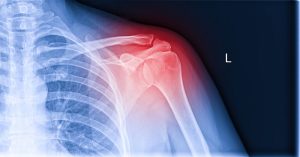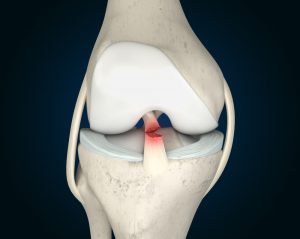How To Run The London Marathon And Still Enjoy It
Here we go again, we’re gearing up for the London Marathon. What an incredible event. I get so excited around this time of year for all the people that are midway through their training plan. There is eight to 10 weeks before kick-off time. And I haven’t run the London Marathon, but it’s always one that I’d love to do. We used to watch the race several times when we used to live in London, and the atmosphere, the adrenaline, and everyone cheering you on is so fantastic. I never thought I’d get so passionate about cheering on an absolute stranger.
This time of year, we do start to see a lot more runners who are competing in the event. We have some clients in the clinic who have minor issues and don’t want anything to crop up in the last few weeks before running the 26.2 miles. And then we have some people who have really ramped up the training and are pushing for a good time, they struggling to get to the start line.
Wherever you are in your journey, it’s important that if your body is aching, and is tired, that’s very normal to be in that process midway through your training programme. Training usually would have started just after Christmas to give you a four-month lead in and around this time, it’s when the long runs have started to increase in distance. The intensity of the sessions will start to increase and the speed sessions get faster, putting more stress on your body.
What is normal in a marathon training programme?
Stiffness and achiness in the calves, hamstrings and quads after a run is normal. If you find that you’re getting more pain one side more than the other, then that can often mean there’s an imbalance in your body. And that can be caused by instability in the ankle, the knee or the lower back causing one side to have to work harder than the other.
It can develop into something more. The most common thing we see from an imbalance perspective is a calf strain. One calf has taken up more of the load through that gait phase of the running cycle when you go through the propulsion phase where the calf loads up and pushes off. Make sure that you’re stretching your calves, both sides.
What should I look out for when I’m halfway through my marathon training programme
- You will feel more tired. The increase in training is something that your body will have to adapt to. And as you adapt, you will use more fuel and energy to repair and recover. You are bound to feel more tired. Make sure that you’re increasing your sleep, you’re trying to get 20% more than you normally would.
- You may get ill, because your body’s working so hard and trying to recover, it often weakens your immune system. Make sure you’re increasing your vitamin C, to get yourself through. The last thing you need is 10 days or two weeks off with a cold or flu in the build up to it especially when you’re training is going well.
- You’re finding you’re getting a lot of back pain, and it’s coming on more regularly, particularly after you’re running when you’re resting and getting more discomfort in your pelvis your back. This is something that needs to be addressed as this is going to be what’s going to cause problems further on down the road. The postural muscles that keep you upright will fatigue quicker as you go through the hours and that can cause problems and make it hard for you to finish. Remember, you want to be able to enjoy this.
- There’s going to be some hard points, but mentally that’s what you’ve got to try and push through. Basically, you want to get your body in the best position so that you can cope with the demands of 26.2 miles. The mental battle that’s up to you. And if you can get your body in the best position then you give it the best possible chance of a getting round be doing in the best possible time that you can.
If you are struggling with any knee niggles, hip problems, plantar fasciitis, back pain, stiffness in the neck from where you’ve been carrying your head up too long. Please let us know and we can make sure that we can get you in the best condition for this year’s London Marathon in April
What we treat at West Chiropractic:
Our chiropractic locations


